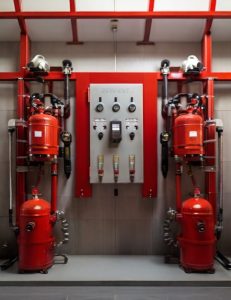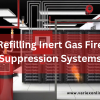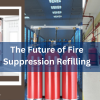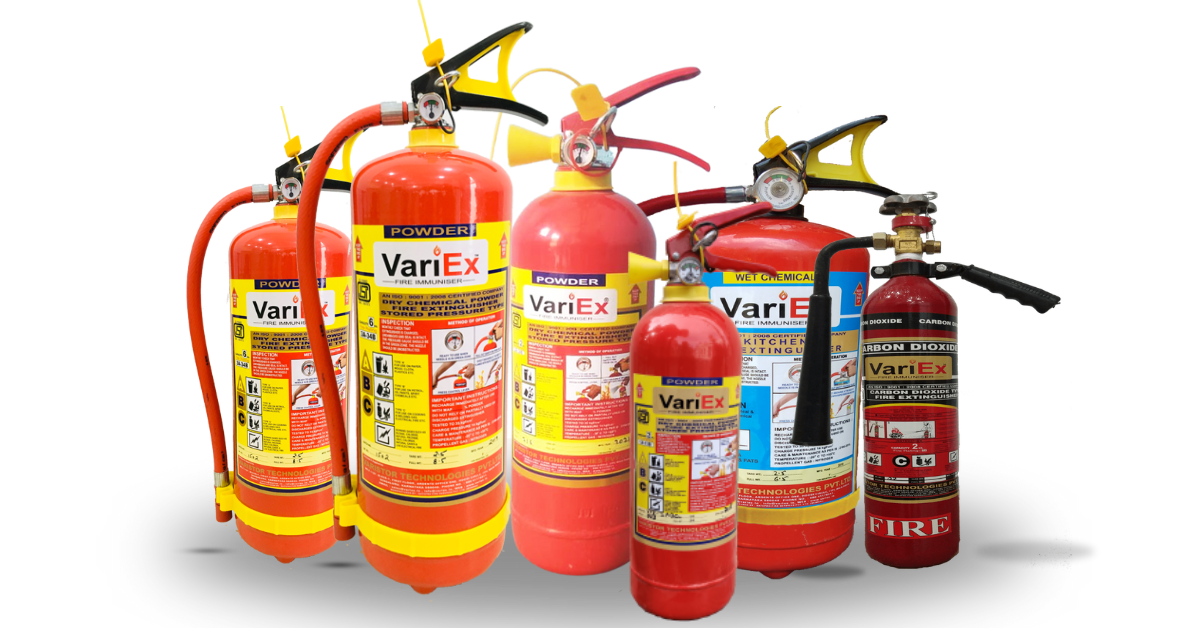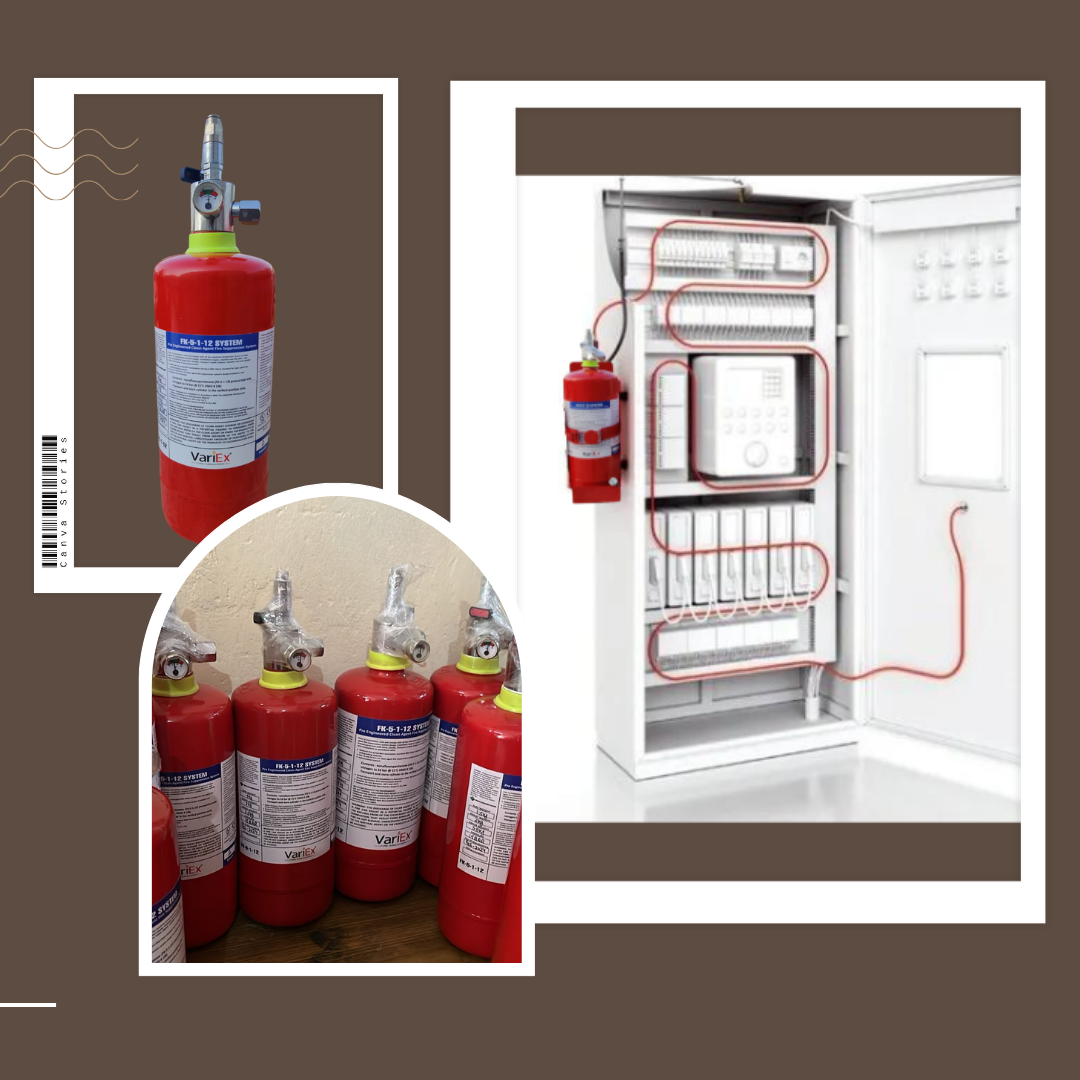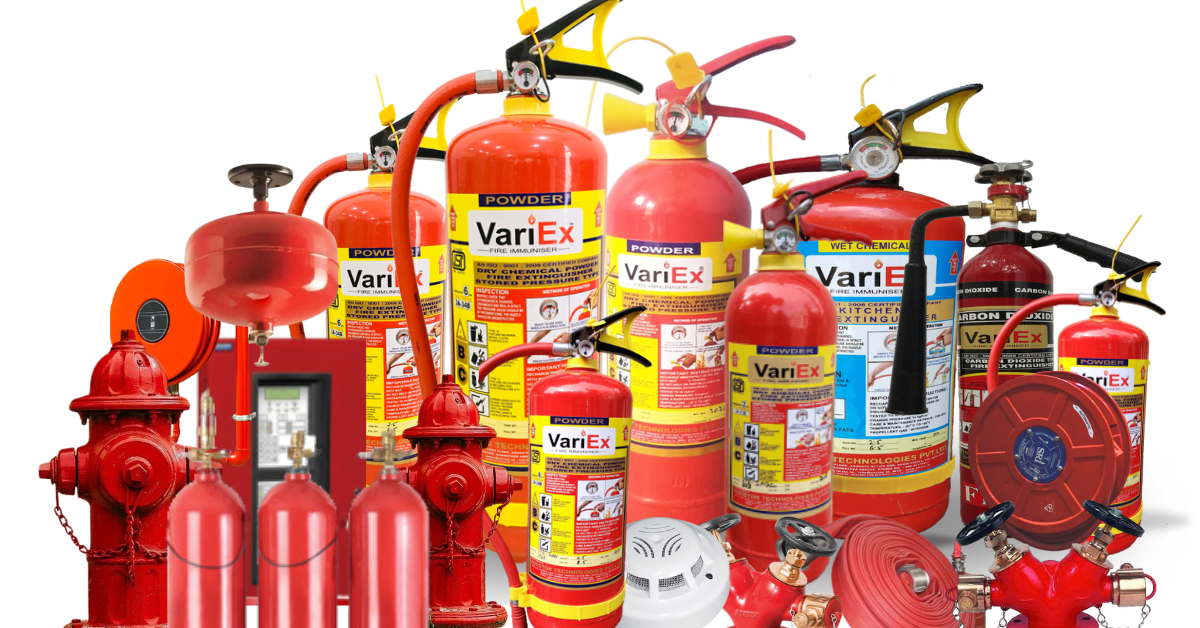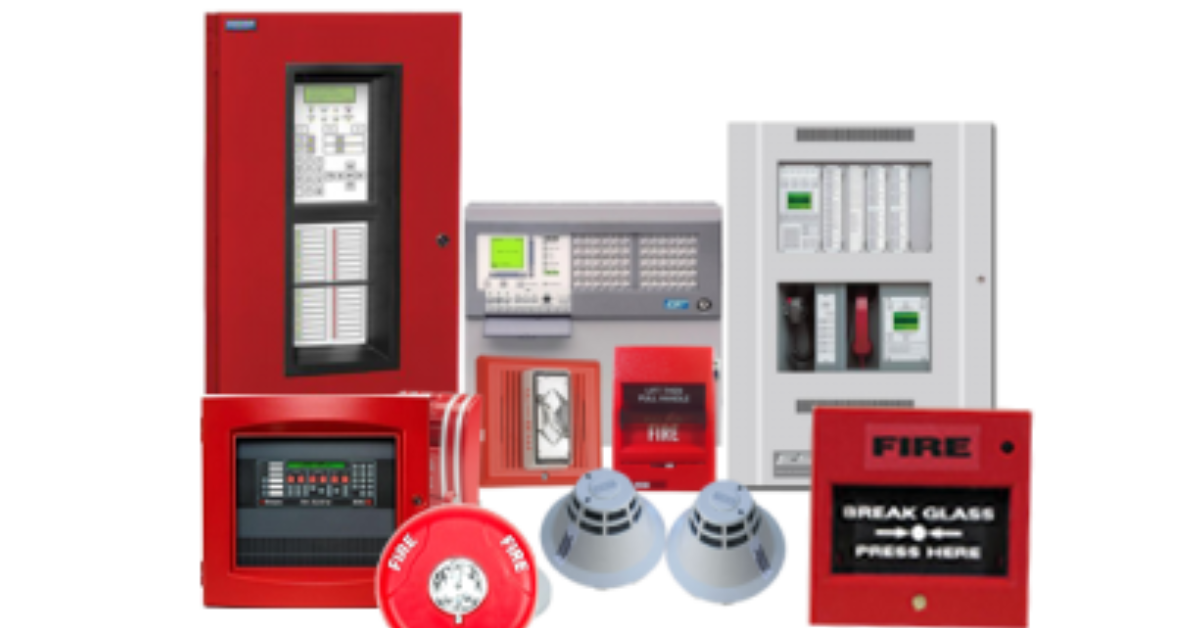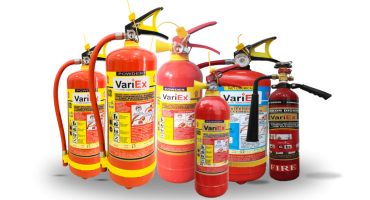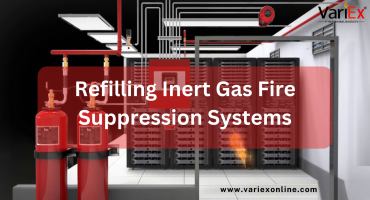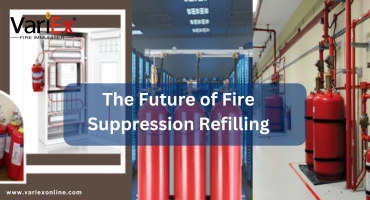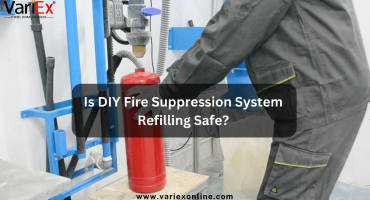![]()
Fire Immuniser
+91-7829629111
Email: info@variex.in
Varistor Technologies Pvt. Ltd.
Block-1, First Floor, Ardente Office One, Hoodi Circle, ITPL Main Road, Bengaluru, Karnataka 560048, IN
Fire Fighting System For Electrical Equipment
Frequently Asked Questions
1. What are electrical fires, and why are they a concern?
Electrical fires are fires caused by electrical faults such as short circuits, overloads, or equipment malfunction. They are a concern due to the rapid spread of flames and the potential for serious injury, property damage, and business interruption.
2. Why are specialized fire fighting systems necessary for electrical equipment?
Conventional fire suppression methods, like water-based systems, can exacerbate electrical fires or pose risks of electrical shock. Specialized systems utilize agents that extinguish fires without harming sensitive electronic equipment, ensuring effective and safe suppression.
3. What types of fire fighting systems are suitable for electrical equipment?
Common systems include clean agent suppression systems (e.g., FM-200, Novec 1230), carbon dioxide (CO2) systems, specialized extinguishers (e.g., dry powder, CO2), and automatic fire detection systems incorporating smoke and heat detectors.
4. How do clean agent suppression systems work?
Clean agent systems release gaseous agents that chemically disrupt the combustion process, effectively smothering the fire without leaving residue or causing harm to electronic equipment.
5. What precautions should be taken when using CO2 fire suppression systems?
CO2 systems displace oxygen to extinguish fires, so precautions must be taken to prevent asphyxiation risks in enclosed spaces. Proper ventilation and human occupancy monitoring are essential.
6. Are specialized extinguishers necessary for electrical fires?
Yes, specialized extinguishers containing non-conductive agents like dry powder or CO2 are essential for safely extinguishing small-scale electrical fires without posing additional risks of shock or damage to equipment.
7. How important is regular maintenance of fire fighting systems for electrical equipment?
Regular inspections, testing, and maintenance are critical to ensure the functionality and compliance of fire fighting systems over time. This includes professional installation, routine checks, and personnel training in fire safety protocols.
Explore our products Range
Final Say
We at VariEx.in or Variexonline.com have mastered the art of designing, installing, inspecting, and fixing automatic sprinkler systems with the help of our in-house team, which is capable of delivering the fire sprinkler services you need, whether large or small and at affordable cost.
To schedule a fire sprinkler installation, or you think our services could benefit your commercial property, contact us online or give us a call at, 7829629111


